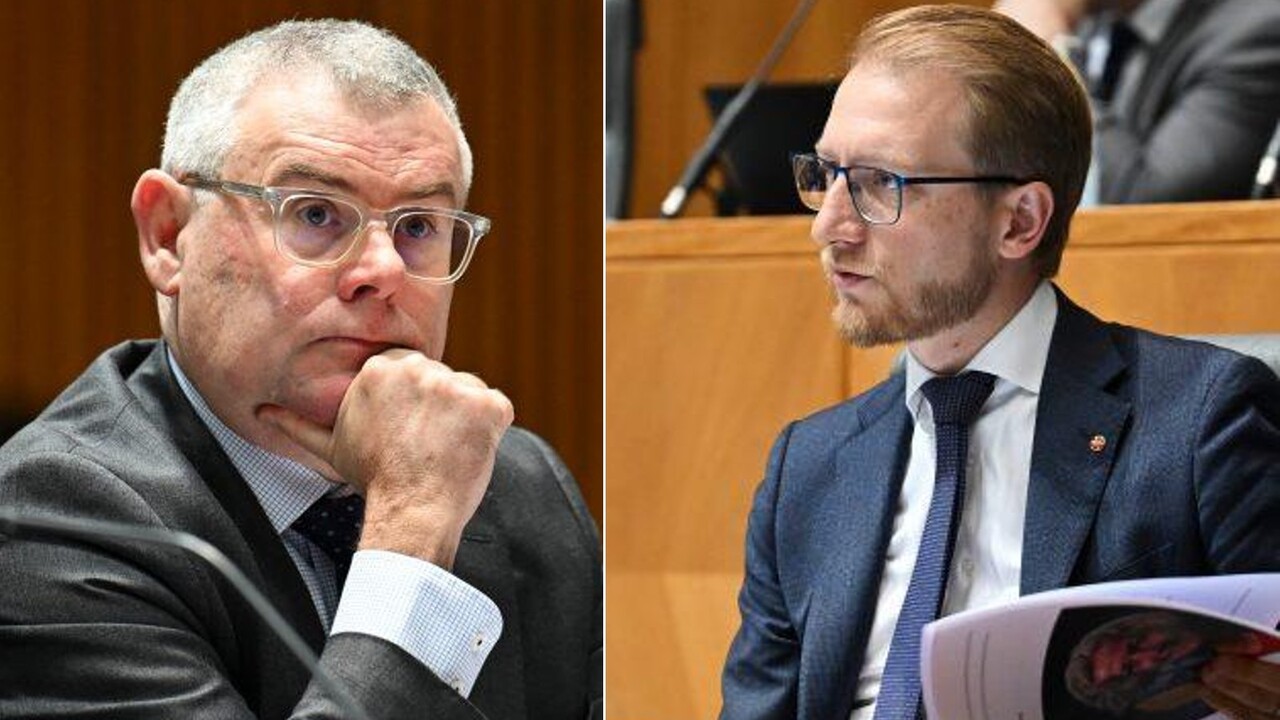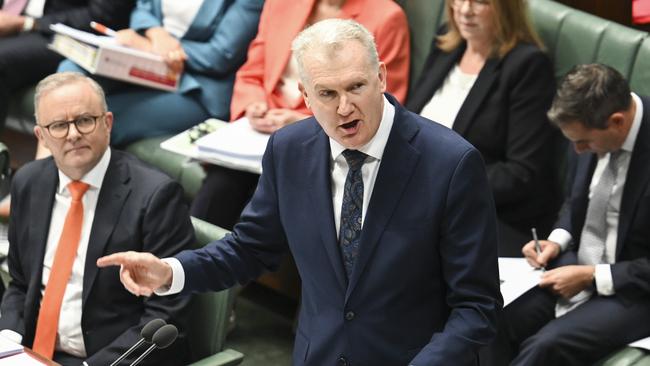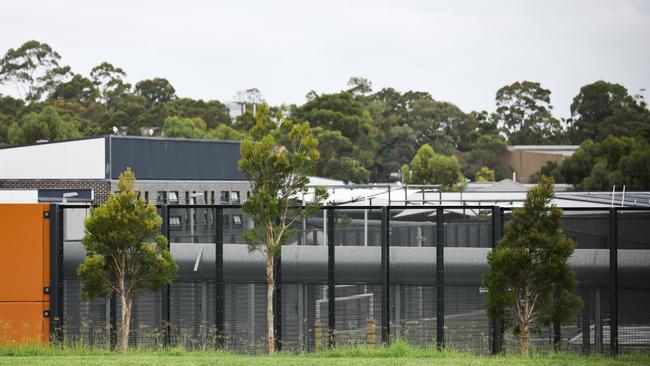Home Affairs Minister Tony Burke confirms ankle monitoring, curfews reinstated following emergency regulations
Immigration detainees in Australia will again be subject to sweeping new powers covering the use of ankle monitors and curfews.

Emergency regulations have reinstated ankle monitoring and curfew restrictions for immigration detainees despite a shock High Court ruling which declared the practice unconstitutional.
Home Affairs Minister Tony Burke on Thursday confirmed Governor-General Sam Mostyn had signed off on the regulations which will immediately reinstate the provisions.
While he introduced the new laws on Thursday, the regulations will act as a stopgap before the laws are passed.
The new rules will introduce a new “community protection test” which will allow the minister to re-implement the use of ankle monitors and curfews on holders of the bridging visa R (BVR) if there is a “substantial risk of seriously harming any part of the Australian community by committing a serious offence”.
The minister must “also be satisfied” the condition are “reasonably necessary and reasonably appropriate and adapted for the purpose of protecting any part of the Australian community from serious harm,” said Mr Burke.
“The decision of the High Court yesterday is not the one the government wanted, but it is one we prepared for. That’s why the government is in a position to take immediate steps to protect community safety,” he said.
“These visa conditions are designed to protect the community, not as a punitive measure.”
While Mr Burke wouldn’t confirm how many BVR holders were currently subject to ankle bracelets and curfews, he said the government’s priority was to remove the offenders from Australia.
“The government’s first priority is community safety … the first priority is not ankle bracelets or detention for these people,” he said.
“We don’t want them in Australia at all and that is why we introduced powers today in the legislation to improve the government’s capacity to remove people from this country in that situation.”

Additionally, legislation proposed on Thursday will also “strengthen and streamline” the government’s power to remove to third countries people who have had their visas cancelled.
The explanatory memorandum also states the Bill would also allow the government to pay a third country to accept non-citizens.
It also gives immunity provisions to officers, including the minister against “civil claims relating to certain persons or under certain arrangements”.
While it noted the Bill was “compatible in most respects” with Australia’s human rights obligations, any measures to “limit human rights” will be done in order to “maintain the integrity of the migration system and protect the safety of the Australian community”.
The new headache for the Albanese government follows a High Court ruling on Wednesday which said it did not have the authority to impose the harsh restrictions, including ankle monitors, on former detainees, saying the measures were “punitive and cannot be justified”.
In October last year, 215 immigration detainees were released before parliament passed laws to fit 143 members with electronic monitoring bracelets.

Curfews to limit their movements were also imposed on 126 detainees.
The Coalition has seized on Wednesday’s ruling, issuing a “please explain” from leading opposition figures, including immigration spokesman Dan Tehan.
“The effect of this decision will be that 215 dangerous non-citizen offenders, including 12 murderers, 66 sex offenders, 97 people convicted of assault, 15 domestic violence perpetrators and others will be free in the community without any monitoring or curfews,” a joint statement said.
“Sixty-five of these former detainees have been charged with new offences at the state and territory level since their release, 45 of which remain free in the community.
“This loss compounds the failure of the Albanese government to use the preventive detention powers the parliament rushed through almost 12 months ago to re-detain any high-risk offenders.”




To join the conversation, please log in. Don't have an account? Register
Join the conversation, you are commenting as Logout